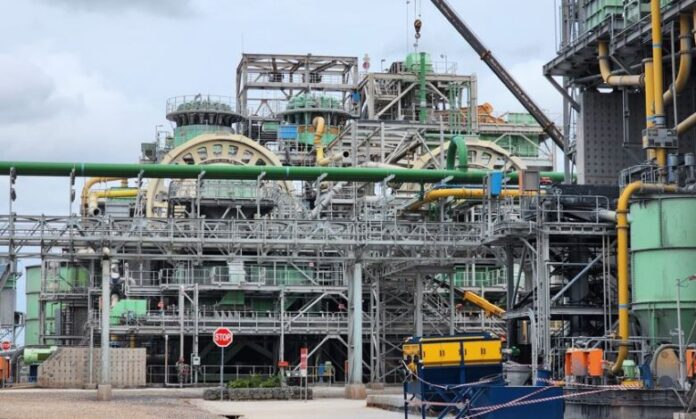With the continued energy poverty being experienced in South Africa, motors and drives are set to play an ever more crucial role in industry’s energy solution strategy. The manufacturing and processing sectors, which include minerals processing plants, are energy-intensive industries, and finding ways to reduce energy consumption while increasing efficiencies is essential for both economic and environmental reasons.
This is according to Jaco Brits, Projects and Technical Manager at WEG Africa, who says that the company has the knowledge and expertise as well as the technology solutions to assist operations in reducing their operating costs and increasing their productivity while guarding their energy security.
“Electric motors and drives are used across industries to operate pumps, mixers, conveyors, vibrating screens and feeders, crushers, and other machinery including automated packaging systems,” Brits says.
“Advancements in motor and drive technology, underpinned by WEG’s extensive research and development, have seen substantial improvements in energy efficiency, both equipped with advanced control algorithms to optimise motor performance based on real-time conditions,” he explains. “These algorithms assist in ensuring motors operate at peak efficiency levels, even in complex processes.”
“By upgrading to newer technology and installing higher efficiency motors such as the WEG IE3 or IE4 electric motor, customers can significantly lower their energy consumption. In addition to this,” he adds, “by combining high efficiency motors with WEG variable-speed drives (VSDs), better control and optimisation of equipment can be achieved. This ensures that equipment operates at its most energy efficient speed and power level, and will reduce operating costs significantly.”
Commenting on the use of VSDs, Brits explains that traditional fixed speed motors run at a constant speed regardless of the actual load requirements. In contrast, VSDs are most effective in controlling the speed and torque of motors based on the actual load requirements. This level of precision facilitates the adjustment of the motor’s speed to match the load, thereby ensuring that equipment operates only as needed. VSDs also have faster reaction to load changes and better integration with equipment. “All these factors reduce unnecessary energy consumption during periods of low demand and enhances overall equipment efficiency and performance,” says Brits.
Unpacking advancements in drive technology, Brits points to the WEG CFW11 VSD line, which incorporates some of the most advanced technology in the world for alternating-current three-phase induction motors.
“Incorporating WEG Vectrue™ technology, these new generation WEG drives combine variable frequency, sensorless and closed-loop vector (with encoder) control techniques in a single product. This facilitates high torque and a fast dynamic response with the self-tuning function allowing automatic configuration of the drive to adjust it to the motor and load in vector modes,” Brits says.
With most industries looking at sustainable energy resources including renewables such as wind and solar, motors and drives will continue to play an important role in facilitating the integration of such systems. VSDs can be used to balance power supply and demand, and ensure stable operation in hybrid energy setups.
“Substantial efficiency improvements are possible by leveraging the latest motor and drive technology, and the significant savings in energy consumption more than justify the capital cost of replacing old technology equipment with higher efficiency technology,” Brits concludes.




